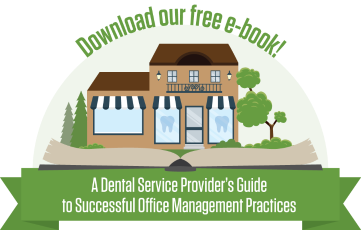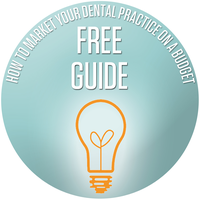Patient Safety Awareness Week, a campaign of the National Patient Safety Foundation (NPSF), is March 13-19, 2016. The goal of the program is to increase awareness of patient safety among healthcare professionals and the general public. What can your office do to support a safety-first experience?

Engage your patients, their families and their advocates
An educated patient who is an active participant in their dental care is a safer patient. By engaging the patient and their support structure, you ensure more accountability with follow-up instructions, a more open provider-patient relationship, and a better feel for their particular needs. As a start, consider utilizing the Universal Patient Compact from the NPSF.
Train your staff to see things "from the chair"
A patient will never be as knowledgeable about your practice as the staff you work with every day. Many questions go unasked due to nervousness or the patient simply not knowing what questions they should ask. Your nurses, clerks and support staff will spend a lot of time with the patient, making their input all the more important.
Be honest, upfront and open to change
Mistakes will happen. Errors will be made. The old saying is, "You practice medicine because you will never get it perfect." You must be open and honest when the eventual happens. Approach it as a learning opportunity. You can't stop an accident after the fact, but you can make sure it doesn't happen again.
It is the responsibility of each of us to make patient safety a priority. It impacts the practice, the staff, and the patients. For more information about the campaign, visit the NPSF at the link above or review their publication, Safety is Personal.



